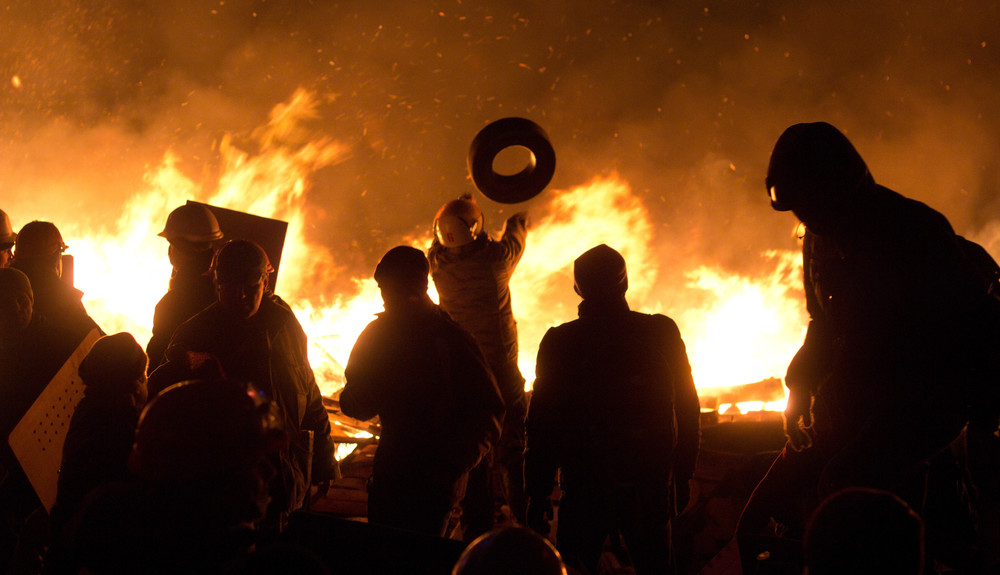#ThanksObama?
There’s a truly fickle story out of Washington this week, and somehow, this disreputable hashtag can help tell the tale.
See, some American vets currently working for the federal government would scribble the hashy in a sincere, genuine way — while some civilians left out in the employment cold and some passed-over vets too, would write it in its traditional tone.
As in “oh look! Obama screwed us over YET AGAIN!”
While it’s hard to believe that United States civvies and fellow vets are bitching about other vets landing well-paying jobs under a preference program that the White House has been pushing for seven years (augmented from an original policy that dates back to World War II), a job is a job, and if you’ve ever been unemployed, you know the toll.
The nasty beans were spilled on Wednesday at a House hearing, where federal officials and those in the veterans’ corner discussed with legislators the ins and outs of Obama’s plan that purposely puts those who fought for their country at the head of the line.
Opponents of the program say it causes indignation and irritation among those hoping for an interview, as well as the employees who are doing the hiring.
This from the Washington Post:
“The bulk of the problem is a lack of understanding of the law,” Michael M. Michaud, assistant secretary for the Veterans’ Employment and Training Service at the Labor Department, told a panel of the House Committee on Veterans’ Affairs.
“It’s a very complex law,” Michaud said. “Some veterans think that because of veterans preference they will automatically be hired in the federal service. But you could have several very well-qualified candidates and they’re all vets and one gets hired and the others don’t.”
The growing presence in government of men and women with military backgrounds is the biggest federal effort to reward military service since the draft ended in the 1970s. President Obama pushed agencies to increase hiring of veterans starting in 2009, in response to the bleak job prospects many soldiers faced after coming home from the wars in Afghanistan and Iraq.
Last year, 47.4 percent of new hires to full-time jobs were veterans, an increase of 1.3 percent over fiscal 2013, federal statistics released last year show.
Some officials are claiming that unqualified vets are being hired while qualified vets aren’t even getting a proper shot, or a look.
According to the Labor Department, of 600 complaints from veterans in 2015, 5.4 “had merit”. This means that about 32 vets should’ve been hired.
Herein lies the problem, again via WaPo:
But it is nearly impossible to tell whether veterans who don’t get hired are the victim of bias by hiring managers, incompetence or simply were not as qualified as non-veterans competing the for same job, federal officials said Wednesday. An applicant must prove that a hiring manager “knowingly” passed him or her over to win an appeal if the applicant is turned down.
“How do you discover if someone acted out of bounds on the rules knowingly?” asked Rep. Brad Wenstrip (R-OH.) chairman of the House panel’s subcommittee on Economic Opportunity, which held the hearing.
The answer: You really can’t.
“You can satisfy every affirmative action in the book and hire vets, but you’re not going to get virtually any managers who have been disciplined or fired for violating the rules,” said Rick Weidman, head of government affairs for the Vietnam Veterans of America. He said managers will not be punished for improper hiring practices “until you take the word ‘knowingly’ out of the law.”
Basically, it breaks down like this: the federal government can’t feasibly hire every single unemployed veteran in the United States. So the ones who don’t get the nod, won’t be happy. They’ll complain, and they’ll compile and eventually result in a hearing like the one that took place in Washington Wednesday, where it’ll be revealed that — just like every other hiring process in America — bias and nepotism and cronyism and maybe even a few of the nastier “isms” play a huge role.
In Obama’s case, however, the old adage once again applies.




































